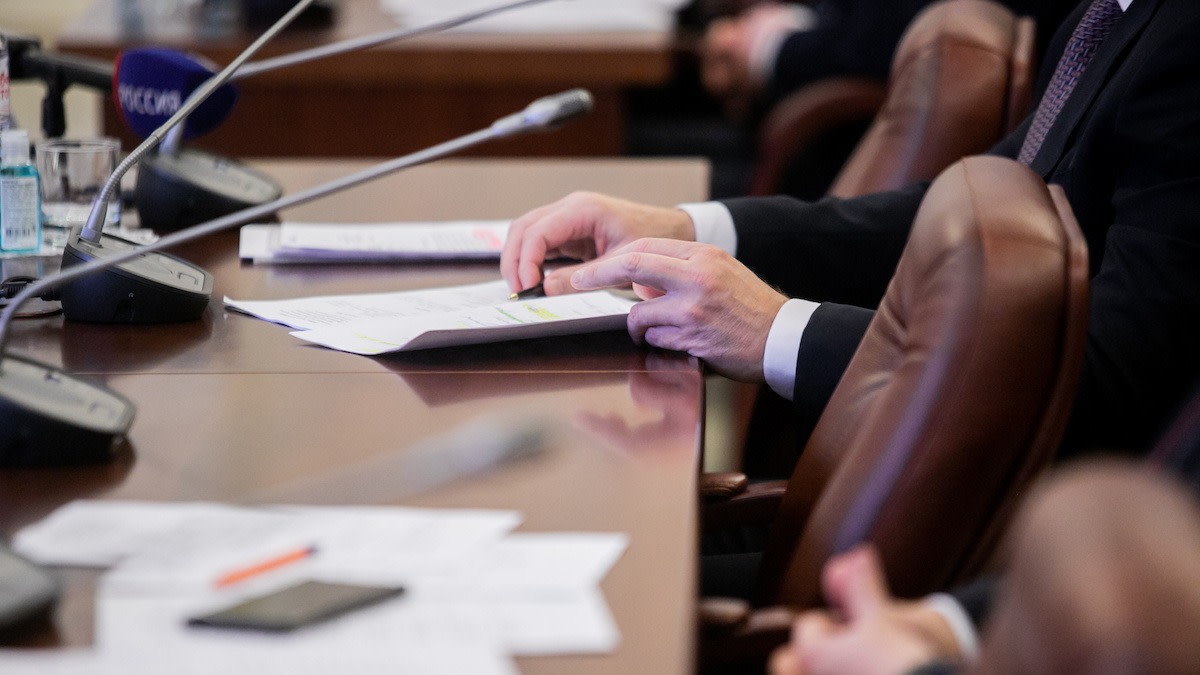Understanding US Delegates: 4 Types of Delegates
Written by MasterClass
Last updated: Sep 7, 2022 • 2 min read
In order to confirm a presidential candidate in the general election, the candidates must attain a certain amount of votes from delegates, who are individuals representing their constituents’ political interests.
Learn From the Best
What Is a Delegate?
In the American presidential nominee selection process, delegates are individuals who represent the political interests of a group of people in their state at the Democratic National Convention (DNC) and the Republican National Convention (RNC). They are often political activists, local politicians, national party committee members, or early supporters of a particular candidate. Delegates support one specific candidate within their given party, with the aim of that candidate becoming the official party candidate for an upcoming presidential election.
Delegates are chosen most often through state primaries, but sometimes through state caucuses. In general, a Democratic candidate must win at least 2,375 out of 4,750 delegates to become the party’s official candidate for the general election, while a Republican candidate must secure 1,277 out of 2,552 delegates to do the same.
What Is the Purpose of Delegates?
Delegates represent the interests of a group of people within a political party by voting on their behalf at a party’s national convention. Delegates from both parties vote on a specific candidate in the presidential primary election to select the party’s nominee that advances to the general election. The process of awarding delegates to specific political candidates varies between the Democratic and Republican parties:
- Democratic delegates: Democrats use a proportional method of awarding delegates, assigning them to presidential nominees based on a percentage of support through state caucuses or primary votes.
- Republican delegates: Each state can choose whether to award Republican delegates based on proportional support or through a ‘winner-take-all’ method, where all the state’s delegates are awarded to the candidate who won the most votes.
4 Types of Delegates
There are four types of delegates that help determine their respective party’s nominee:
- 1. Pledged: Pledged delegates are Democratic delegates who are required to vote for a specific candidate, i.e. the one who won the most votes in the primary, in a caucus, or at their national convention. There are three types of pledged delegates, including district delegates (who are elected at the district level), at-large delegates (who are elected and distributed statewide), and add-on delegates (who represent elected officials or party leaders).
- 2. Unpledged: Unpledged delegates are delegates in the Democratic party who are not pledged to vote for a specific candidate. They are also known as superdelegates.
- 3. Bound: Bound delegates are Republican party delegates who are required to support a specific candidate as determined by their state primaries or caucuses.
- 4. Unbound: Unbound delegates are Republican party delegates who are not obligated by any state election or caucus result to support a specific candidate. These delegates are also known as superdelegates.
What Is the Difference Between Delegates and Superdelegates?
Standard delegates are selected by votes and pledged to a specific nominee—they agree to support that candidate at their party convention. Superdelegates, also known as unpledged or unbound delegates, are automatic delegates selected to the national convention, but can support any presidential candidate of their choosing.
In the Democratic party, superdelegates often consist of Democratic members of Congress, Democratic National Committee members, and former Presidents or Vice Presidents. In the Republican party, superdelegates consist of three members of each state's national committee.
Learn More
Get the MasterClass Annual Membership for exclusive access to video lessons taught by the world’s best, including Doris Kearns Goodwin, Ron Finley, Jane Goodall, Neil deGrasse Tyson, and more.
